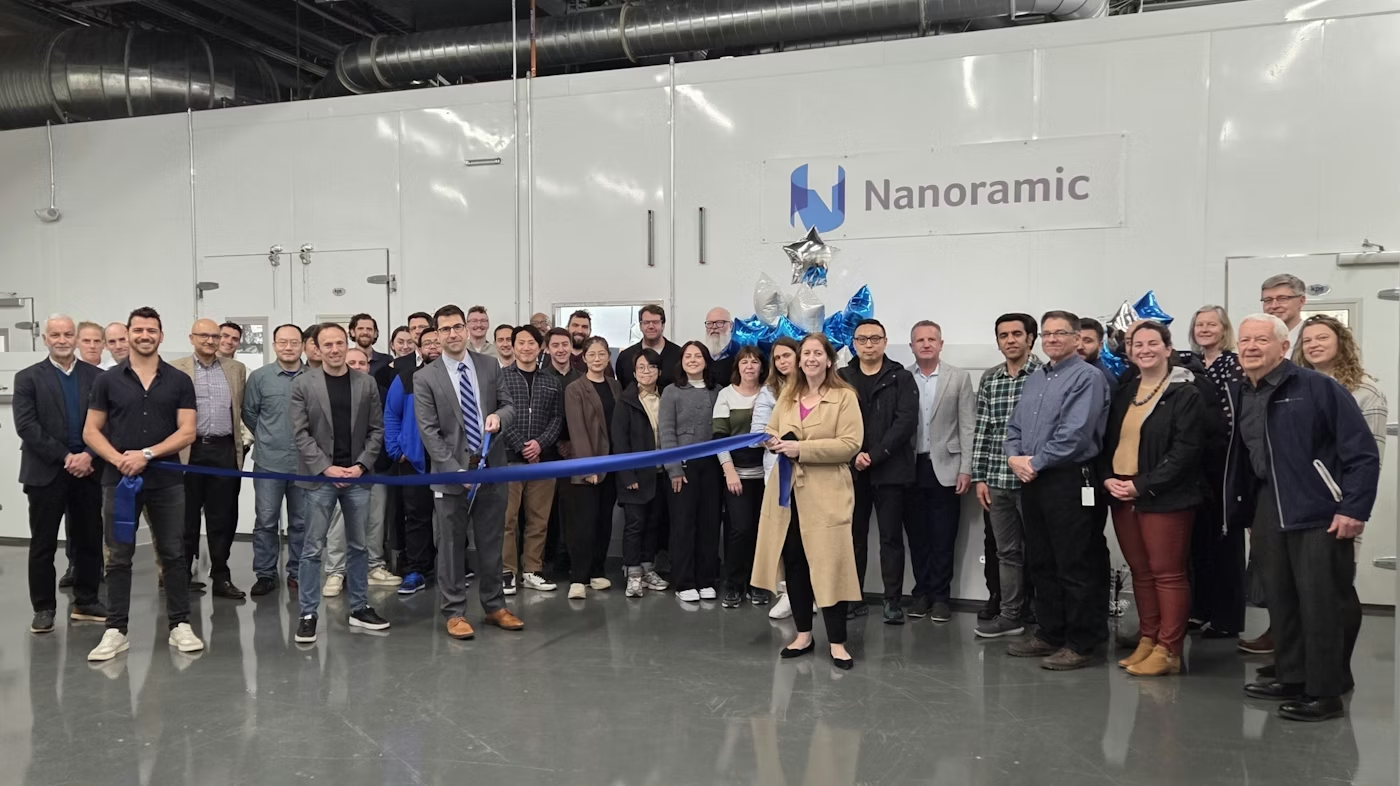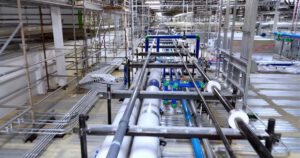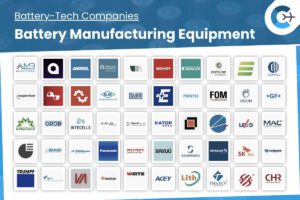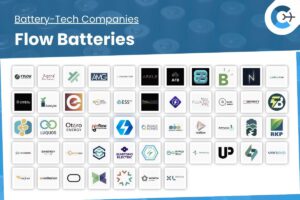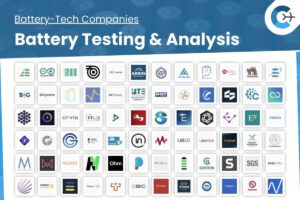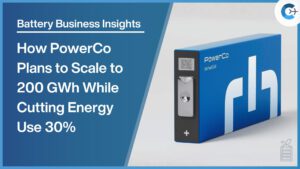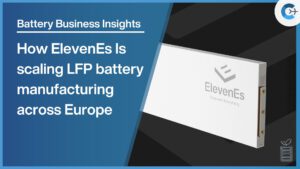Asahi Kasei and EAS Batteries have signed a license agreement enabling EAS to use Asahi Kasei’s acetonitrile-containing electrolyte in its new ultra-high-power cylindrical lithium-ion cell, the UHP601300-LFP 22. This 22 Ah cell, which employs a lithium iron phosphate cathode, is scheduled for market release by March 2026. The electrolyte’s high ionic conductivity reduces internal resistance and enhances rate capability across a wide temperature range.
Developed under Germany’s HEADLINE project with funding from the Federal Ministry for Research, Technology, and Space, the UHP601300-LFP 22 draws on more than three decades of Asahi Kasei’s lithium-ion research. Initial studies of acetonitrile-based electrolytes began in 2010 under Honorary Fellow Akira Yoshino, and a proof of concept was achieved in June 2024. The resulting formulation supports improved power output at low temperatures and greater durability at elevated temperatures.
In performance testing, the cell delivered a continuous discharge power of 2,550 W/kg at 40 °C—60% higher than a comparable cell with conventional electrolyte. Under a two-second pulse discharge at 60 °C, it reached 3,760 W/kg, a 10% improvement. At room temperature, the cell sustained 2,400 cycles at a 5C charge/discharge rate before its capacity fell to 80%, completing full charge and discharge within 24 minutes (110 A). Lower internal resistance also results in reduced heat generation during cycling and greater overall energy efficiency.
Asahi Kasei and EAS plan to sublicense the combined electrolyte and cell technology to original equipment manufacturers and battery producers, supporting expansion into mobility, railway, marine, and construction machinery applications. Michael Deutmeyer, Managing Director of EAS Batteries, noted that the electrolyte’s robustness is key to scaling high-power performance across markets. Osamu Matsuzaki, Senior Executive Officer at Asahi Kasei, said the collaboration sets a new benchmark for high-power cells and aligns with Asahi Kasei’s medium-term plan to monetize its research and intellectual property through licensing.
Source: Asahi Kasei News



